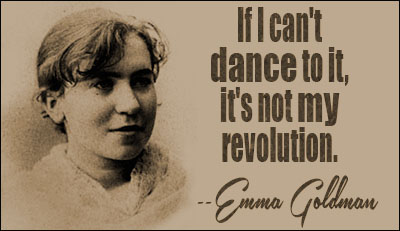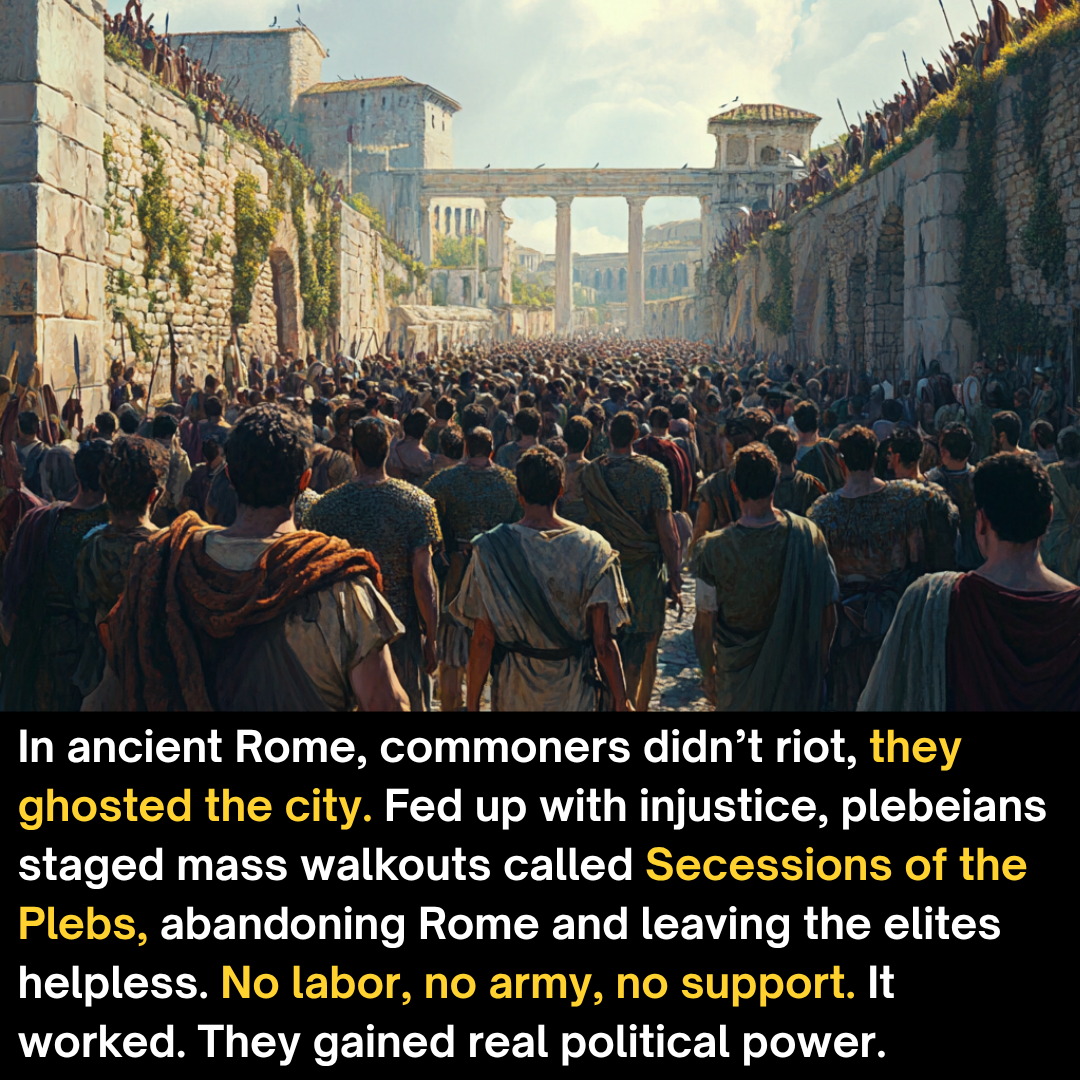Almost everything built in today’s alt-radical tech scene is, bluntly, pointless. Despite good intentions, most of it ends up feeding the endless cycle of #fashernista churn, flashy new platforms, bleeding-edge protocols, or encrypted communication tools nobody uses, built by isolated teams disconnected from real-world needs or history. This is the #geekproblem: a culture where novelty is fetishized, and social usefulness is an afterthought, if it appears at all.
Examples:
- Secure scrolling tools: Every few months we see new chat apps, usually cryptographic fortresses with no communities. No one’s asking what these tools are for beyond vague abstractions like “privacy” or “freedom.” Tools without context.
- Peer-to-peer silos: Projects like Secure Scuttlebutt (SSB) or many DAT spin-offs build entirely new social ecosystems that demand complete buy-in, rather than integrate into existing networks. What results is islands of lonely idealists yelling into empty timelines.
- Protocol over people: Many Fediverse projects argue endlessly over specs like #ActivityPub or #Nostr, often prioritizing purity over pragmatism. What good is a protocol if no one actually uses it beyond a few devs congratulating themselves?
Why #indymediaback isn’t a pointless tech project, it offers something truly different. It is not “new.” It doesn’t pretend to invent a whole new ecosystem. It is an act of digital memory, a revival of the still-needed infrastructure that once helped build radical networks globally. #Indymedia worked. It published resistance. It distributed power. It was embedded in real communities and real movements. This is #nothingnew done right.
The #nothingnew approach mediates against the churn by reusing workflows, social trust, and existing cultural practices. It doesn’t ignore tech, it grounds tech. Examples:
#indymediaback uses simple publish-form-comment workflows, already familiar. No #AI, no #blockchain, no obscure identity layer. Just people posting and curating stories.
It connects to existing radical spaces: housing co-ops, street kitchens, climate camps—places where digital tools are needed right now, and where the point isn’t building a unicorn startup but having a place to publish the truth when the cops are lying again.Why copying #dotcons isn’t enough, in the #fediverse we so far have replicate Twitter, YouTube, and Instagram — Mastodon, PeerTube, PixelFed. This is useful, to a point. But all code is ideology. Copying capitalist infrastructure dose smuggle in capitalist logic. Copying invites the #deathcult right back in through the side door.
indymediaback avoids this trap. It doesn’t replicate any#dotcons logic or UX patterns. It revives a publishing common that worked before Silicon Valley captured this path. And more importantly, it’s embedded in a set of radical social practices: the #PGA hallmarks, the #4opens, and the messy, beautiful legacy of grassroots movements who already knew how to organize.
The value of #indymediaback isn’t just in tech. It’s in trust-based social continuity, the hidden glue of any working movement. Without this, you don’t have a radical tech project. You have a ghost repo on GitHub. That’s the central point, without real community, without continuity, without trust, radical tech is a dead end.
This is the carrot and stick we need now. If you care about the #openweb as a human value network, not just a protocol playground, you have to build things people can use today, and that people want to use, not because it’s encrypted or federated, but because it serves a purpose they already have.
This is where the wider #OMN (Open Media Network) comes in. It’s not another protocol war. It’s a shovel to compost the inhuman mess we’ve inherited. It’s a framework built with the #4opens, to grow digital commons that don’t depend on VC, control freaks, or fashion. It’s where we build bridges between radical tech projects, rather than isolate ourselves in yet another Git-based castle.
In short, it’s a path of people over product, process over platform. We don’t need more “solutions.” We need to stop being prats, pick up the tools we already have, and start rebuilding.
Food for thought, and action.






